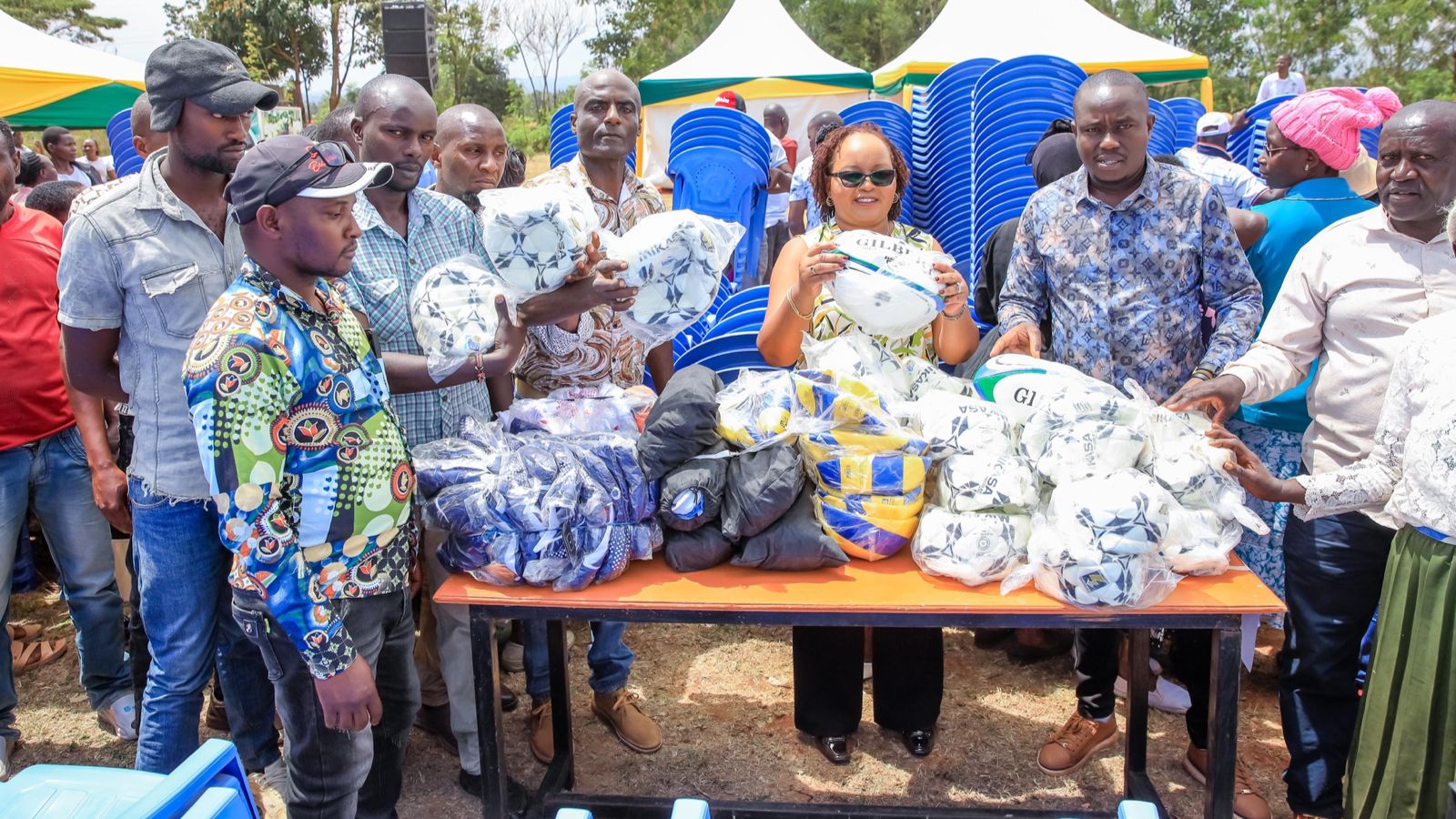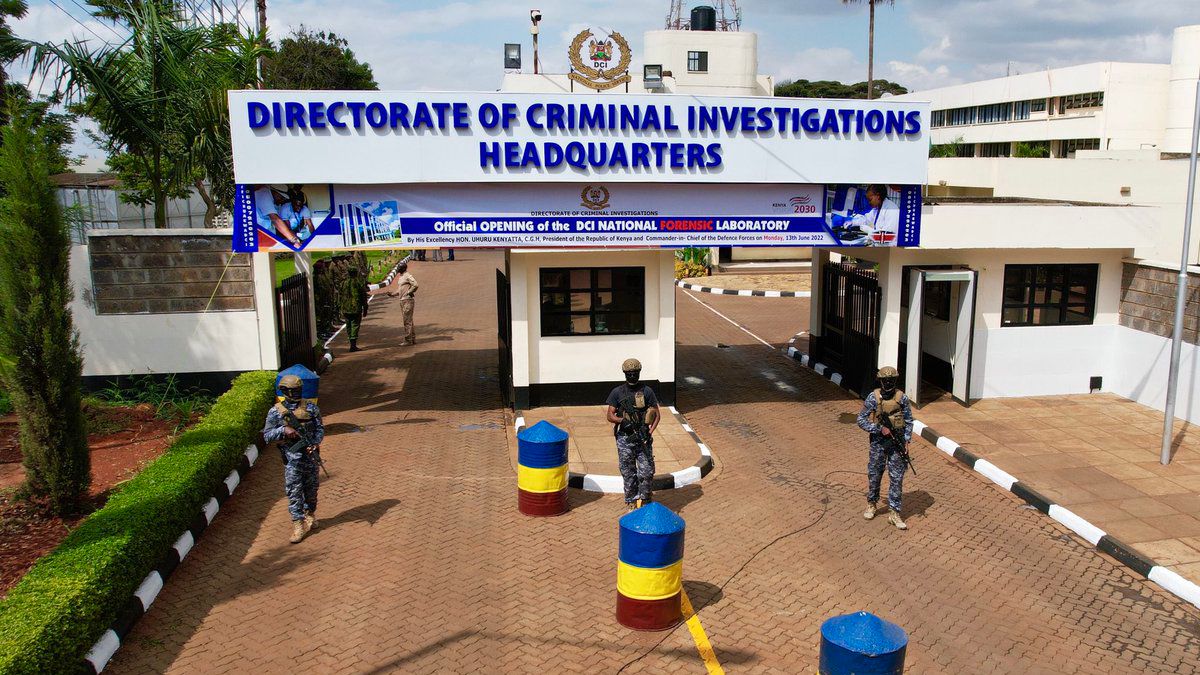More than 35,000 residents of Kirinyaga County have benefitted from a community empowerment initiative aimed at expanding access to clean water, promoting youth talent development, and strengthening self-help groups across the county.
The initiative, spearheaded by Governor Anne Waiguru, reached residents in 15 wards where women, young people, and vulnerable groups were issued with a wide range of items.
According to circular dated Thursday, October 2, among the distributed items were 6,500 water pipes and 1,100 fittings to enhance last-mile water supply to households.
In addition, 6,270 chairs and 63 tents were donated to self-help groups, while 1,000 blankets, catering equipment, car wash machines, and public address systems were also handed over.
Sports clubs across the county were not left out, with about 50 teams receiving balls, nets, uniforms, boots, and socks to support their activities and provide an avenue for nurturing emerging talent.
Read More
Locals, including Rose Mavuti, a mother from Nyangati Ward, said the gesture would help women overcome challenges they had endured for years.
"I am so happy today. The Governor has not forgotten us. As elderly women, we shall no longer carry water jerry cans on our backs since we now have water drums, pipes, and accessories that will enable us get water within our homesteads," she said.

Daniel Kahiga, a youth from Kariti Ward, lauded the county’s focus on young people and highlighted its impact in steering them away from negative behavior.
"Before, crimes and alcohol abuse among the youth were common, but now we are growing our talents. Soon we shall even play for UEFA or other international leagues," he said.
Waiguru explained that the empowerment scheme was being implemented in partnership with the County Assembly, with funds allocated directly to each ward so that MCAs could procure items tailored to local needs.
The County Assembly Majority Leader, Hon. Benson Ngahu, welcomed the program, commending the collaboration between the executive and the assembly.
"The county assembly is happy for the items that will help the community. It has been accomplished due to the good working relationship between the assembly and the executive. We will support you and the county government to continue empowering county residents," he said.

This comes weeks after Waiguru announced plans to roll out 42 new water projects with each initiative designed to serve between 300 and 500 people.
The projects will be implemented across all 20 wards in the county, with an estimated 30,000 residents expected to benefit.
According to Waiguru, the county’s program will focus on drilling and equipping boreholes with solar power, laying new water pipelines, installing storage tanks, and rehabilitating existing intakes.
She also noted that the county is simultaneously investing in environmental sustainability through the Financing Locally-Led Climate Action (FLLoCA) Program, an initiative meant to help counties and communities design and implement their own climate-resilient projects.
"Every home deserves safe water, every farmer needs irrigation support, and every child deserves to go to school without worrying about unsafe water. That is the future we are building for Kirinyaga," she said.
According to Waiguru, over the past year, the county has recorded notable achievements, completing 37 water projects such as the Kiorugari Water Project in Nyangati, the Rukenya Irrigation Project in Kabare, and the Kugeria Water Project in Murinduko.
In addition, six boreholes were drilled, with five more now underway to expand supply.
The benefits are already being felt in schools, villages, and marketplaces.
For instance, at Kamucege Primary School in Gathigiriri Ward, the borehole installed at the institution has become a lifeline for 420 learners.
"Before this borehole, learners were constantly missing school due to bilharzia and stomach infections from contaminated water. Since clean water was made available, attendance has improved and learning hours are no longer lost," said Principal Charles Weru.






